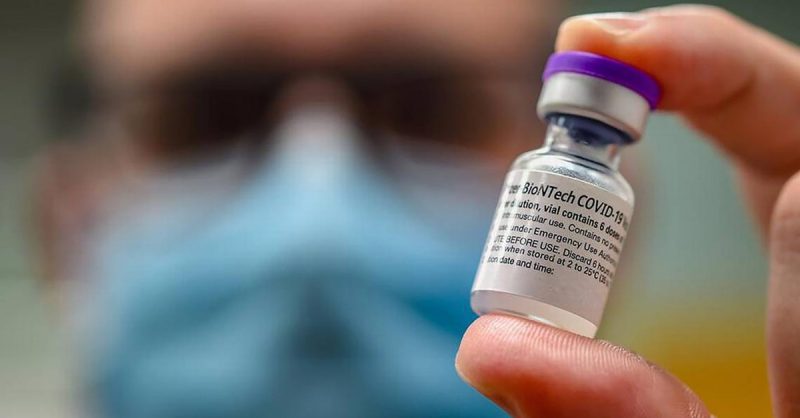
The COVID-19 pandemic presented a multitude of challenges, but upon closer inspection, many of these challenges stemmed from political decisions and the breakdown of trust in institutions. Frances Lee, a professor at Princeton University and co-author of the book *In Covid’s Wake: How Our Politics Failed Us*, argues that the pandemic served as a stress test for our political system, revealing critical flaws in our approach to crisis management. Her research examines how institutions responsible for truth-seeking, such as journalism, science, and universities, performed during this critical period.
Lee and her co-author, Stephen Macedo, don’t focus on assigning blame or identifying villains. Instead, their work analyzes the quality of debate and deliberation surrounding COVID-19 policies. The core argument is that understanding these failures is crucial, as similar breakdowns could occur during future crises. Their analysis reveals that early pandemic decisions often deviated from established pandemic response plans, improvising based on the examples set by Wuhan and Italy, without a robust scientific basis for the effectiveness of these measures.
The book highlights the lack of evidence supporting measures like nationwide lockdowns, border closures, and quarantines, despite recommendations against these actions in pre-pandemic plans. Lee emphasizes the difficulty of balancing competing priorities, such as saving lives and mitigating the economic consequences. She points out the trade-offs involved in decisions like halting non-essential healthcare, which impacted cancer treatments and other vital care. This highlights the need for cost-benefit analysis in policymaking, acknowledging that lives are at stake on both sides of the equation.
The authors also critique the intolerance of criticism and skepticism shown by some health officials. While acknowledging the immense pressure these officials faced, Lee argues that they should have acknowledged the possibility of failure and uncertainty in their decision-making processes. She cites examples of discrepancies between the public statements of officials like Deborah Birx and Anthony Fauci and their private communications, questioning the ethical implications of presenting misleading information to the public, even with good intentions.
A key point of contention is the claim that vaccination would prevent transmission of the virus. Lee argues that this claim lacked scientific basis at the time it was made, eroding public trust. This raises the crucial question of how policymakers should handle the ethical dilemma of potentially misleading the public to achieve a beneficial outcome, weighing the short-term gains against the long-term damage to public trust in scientific institutions. The authors emphasize the importance of acknowledging uncertainty and the limits of scientific knowledge in policymaking, rather than relying on a simplistic “following the science” approach.
The book ultimately argues that the pandemic exposed a deeper issue: a lack of critical thinking and a tendency towards moralized antagonism, hindering constructive dialogue and hindering accountability. The most important takeaway, according to Lee, is the need for humility, a willingness to acknowledge uncertainty, and a commitment to fostering constructive dialogue, even with those holding opposing viewpoints. The pandemic, she suggests, revealed a society turning on itself, highlighting the need for a more nuanced and less divisive approach to crisis management in the future.










